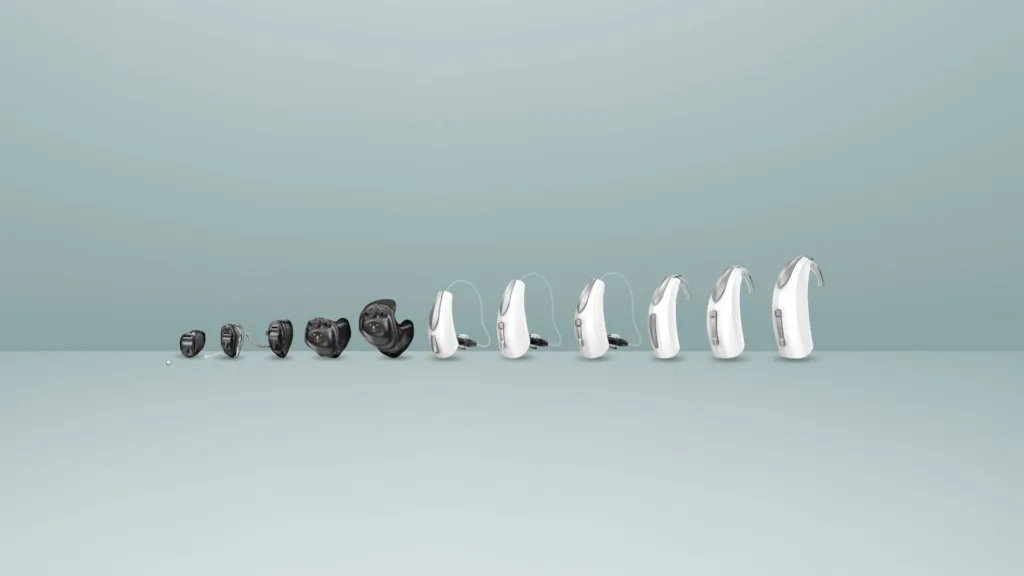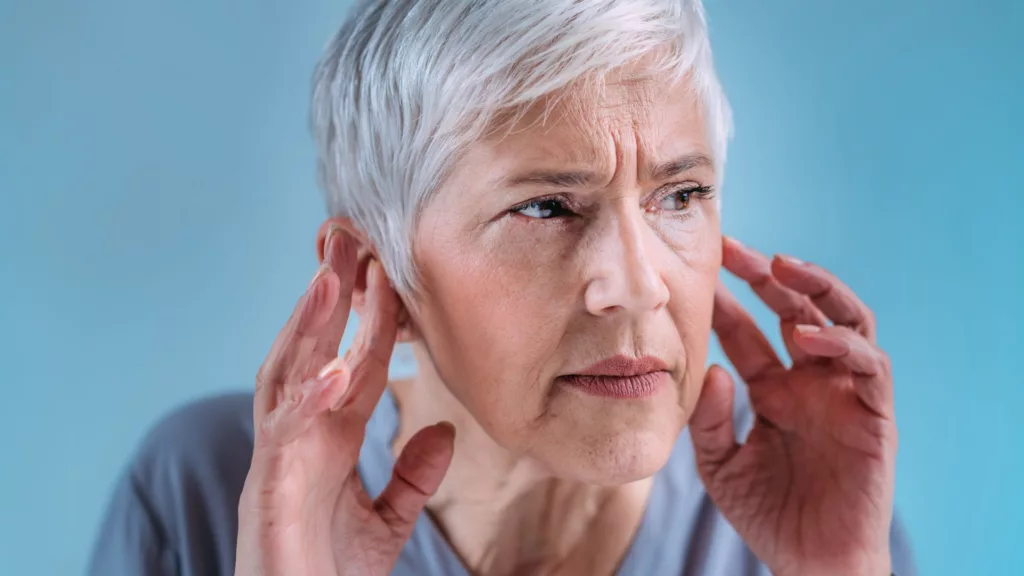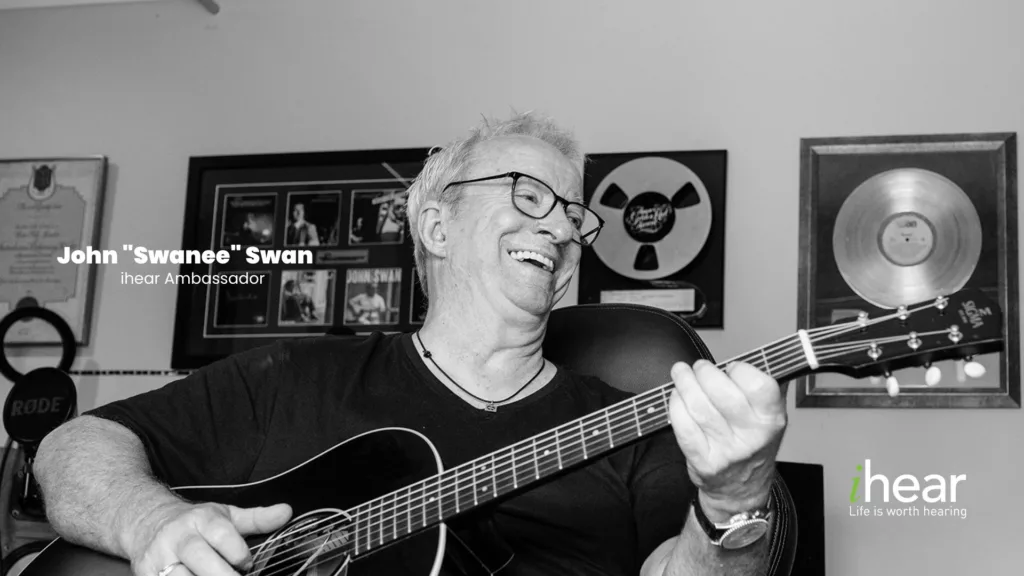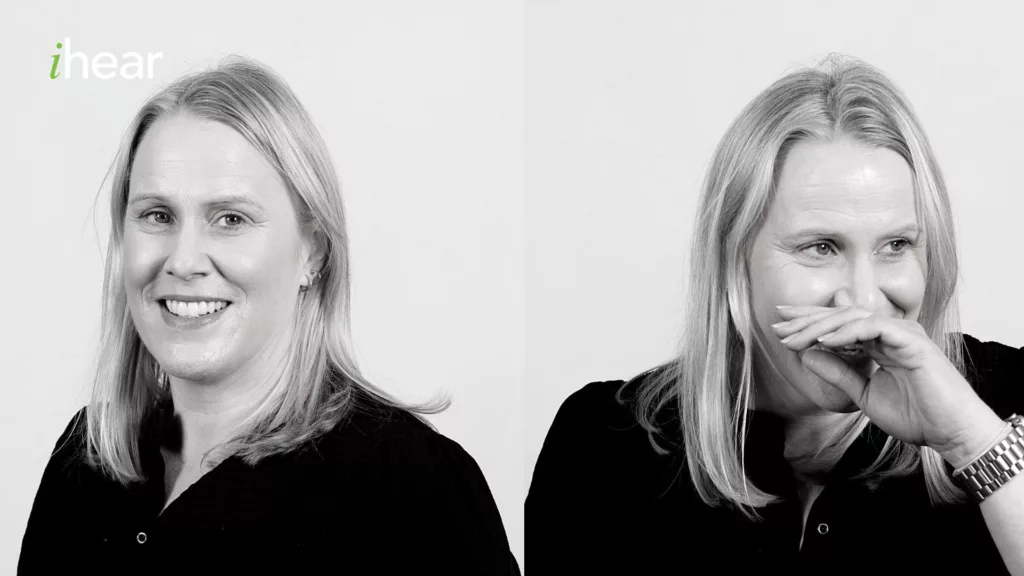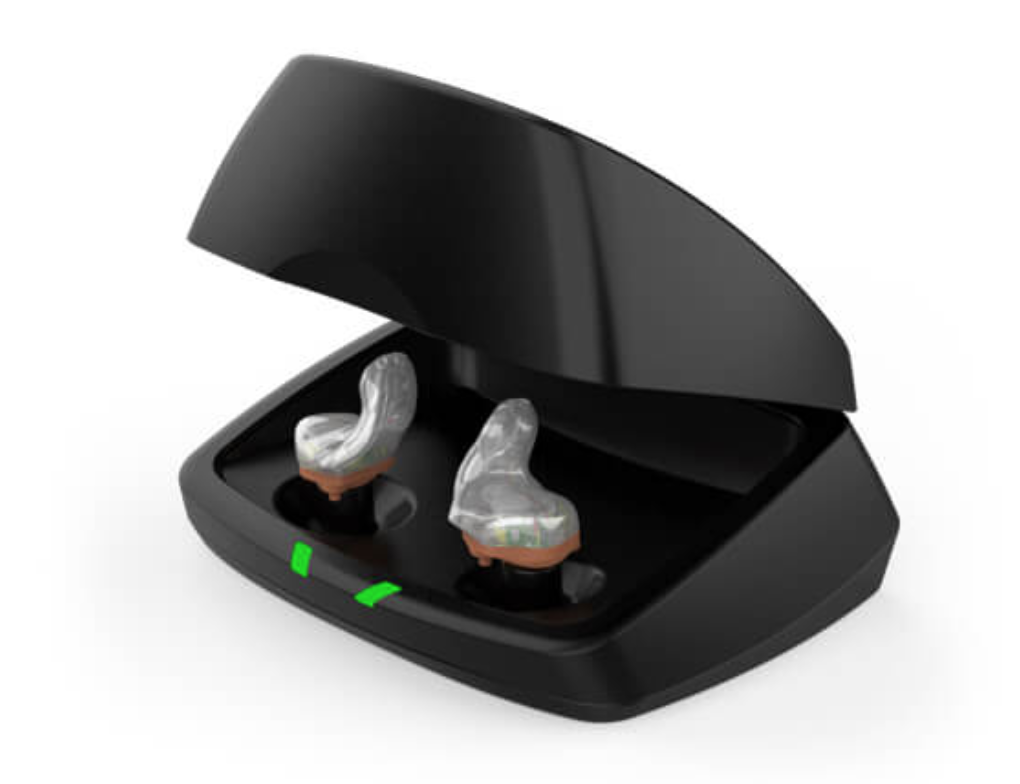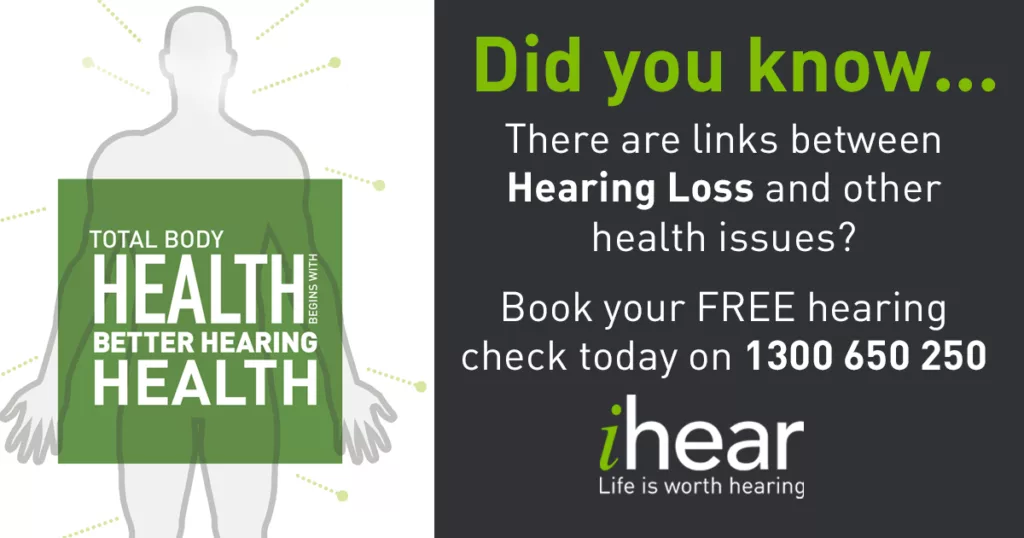Latest Posts
What To Expect At A Hearing Test
If you’ve never had a hearing test, it can be normal to feel a little nervous beforehand. But more often than not, hearing tests aren’t as bad as you think. Hearing doesn’t just allow you to hear sounds, it allows you to communicate with others and can even enhance your mental health, physical health and…
Read ArticleTypes of Hearing Aids & Features Available
Is your hearing not quite as good as it used to be? Hearing is essential for ensuring your quality of life. It helps to keep your mind sharp while staying connected with those around you.
Read ArticleGenesis AI – Pushing the Boundaries of What is Possible
One of the standout features is the all-new Starkey Neuro Processor, the industry’s most advanced processor technology. Equipped with a unique on-board Deep Neural Network (DNN) accelerator engine, this processor uses artificial intelligence to mirror the cerebral cortex of the human brain.
Read ArticleHearing Loss Among Farmers and Agricultural Workers
Noise-induced hearing loss (NIHL) is the second most common occupational injury and the greatest cause of permanent hearing loss in Australia. This is especially true for industries like farming and big agriculture, where workers are continuously exposed to loud noises from everyday machinery and equipment. Noise Induced Hearing Loss in Agriculture According to the National…
Read ArticleGive Mum the Gift of Hearing for Mother’s Day
Lorraine, a proud mother of one of ihear’s esteemed clinicians, was fortunate enough to be sent on a life-changing journey to the Starkey headquarters in the UK. Through this trip, Lorraine received the precious gift of sound, enabling her to communicate in ways that were previously impossible. Her experience has left a profound impact, compelling her mother to share her inspiring story.
Read Articleihear Welcomes Rock Legend, John “Swanee” Swan, as New Ambassador
The well-known and much-loved Australian singer and songwriter, John “Swanee” Swan, has recently been announced as the new ambassador of ihear Australia. Starting in 2023, on World Hearing Day, Swanee will help educate the public about hearing health and advocate for those living with hearing loss.
Read ArticleCelebrating 25 years with Carrie Symons
Get a behind-the-scenes look at Carrie’s 25 year journey at ihear.
Read ArticleHow to Know if Your Loved One Has a Hearing Loss
It is normal to worry about the wellbeing and health of our loved ones as they age, and we often try support them in ageing well so that they can be healthy and happy for as long as possible. In order to do this, you need to know when something is wrong.
Read Articleihear Clinician Saves Patient’s Life with Early Detection of Aneurysm
It’s no secret that regular check-ups are important for physical health, but there is a case where a simple hearing test saved a life. At ihear, our Clinician noticed something unusual with a patient and insisted that she see her GP. As it turns out, they had discovered an aneurysm in her head – without…
Read ArticleCommunication Tips for Better Hearing During the Holidays
1 in 6 Australians have hearing loss. Learn 4 simple tips for better hearing during the holidays so you don’t miss out on the magic.
Read ArticleHow Untreated Hearing Loss Can Affect the Brain
Research has shown that an individual is at an increased risk of dementia and cognitive decline due to hearing loss. A 12 yearlong study by Doctor Frank Lin found that people with a mild hearing loss are at twice the risk for developing dementia, while people with a moderate hearing loss have tripled the risk…
Read ArticleHow AI Powered Hearing Aids Can Help You Hear Better
Hearing aid technology continues to improve every year, and now there is new technology that utilises the power of artificial intelligence, also known as AI technology. When you hear AI technology, you may think of robots and machines taking over the world, but in the world of hearing, artificial intelligence can help hearing aids function more effectively.
Read ArticleHow Hearing Well Contributes to Our Overall Well-Being and Quality of Life
With one in six Australians experiencing hearing loss, causes can range from various health conditions such as trauma, genetics, ear infections, exposure to prolonged noisy environments, and as we mature with age our hearing can naturally decline.
Read ArticleHave You Ever Felt Like You’re Missing Out Connecting Virtually?
How we interact and communicate has changed dramatically and it highlights how important your hearing is to keep connected with family and friends. Listen to how improved hearing can have such an impact on one person. https://www.linkedin.com/posts/starkey-australia_hearbetterlivebetter-activity-6834297712058490880-iQw2
Read ArticleAffordable Hearing and Tinnitus Relief Join ihear
As of 30th July, 2021, ihear Australia acquired Affordable Hearing and Tinnitus Relief. We are excited for the staff of the 4 new locations to join our team as their values align with ours – highest level of hearing care and exceptional customer service. Our latest acquisition means we are extending essential hearing services to…
Read ArticleHappy Mothers Day
We wanted to take this opportunity to wish all the mums, stepmums and grandmothers a wonderful Mothers Day. With 90% of our staff being female, we wanted to acknowledge their huge contribution in balancing work and family life. We appreciate all the experience they bring. Here are a few of their stories: Krystal – ihear…
Read ArticleAnzac Day
We commemorate the contribution and suffering of all those who have served and died in all wars, conflicts, and peacekeeping operations. A sincere Thank you to all of our past and present Australian war veterans, and their families, for their dedication and service to our Nation. So that we may enjoy the freedoms and safety…
Read ArticleTreat Your Hearing Loss to Stay Mentally Healthy
October 10 is World Mental Health Day. It’s a day for global mental health education and awareness. We know that one in five Australians are impacted by mental illness. Among these people are our family, friends and colleagues. Sadly, many of those affected by poor mental health report a lack of understanding and stigma around…
Read ArticleLivio Edge AI: Advanced Hearing Technology in Today’s Age
Livio Edge AI from Starkey are versatile hearing aids that deliver exceptional sound quality and make it easier to hear people wearing face masks or social distancing. And — with the introduction of the world’s first and only 2.4 GHz custom rechargeable hearing aids — they have solved the problem of having hearing aids tangle with or get…
Read ArticleWhat Other Medical Conditions Are Associated With Hearing Loss?
Hearing loss is a co-morbity (a co-occurrence of one or more disorders). The six major other medical conditions associated with hearing loss are social isolation and loneliness, depression, balance problems and falls, cardiovascular disease, diabetes and dementia. Additionally, beyond the medical conditions noted above, there are other comorbidities associated with hearing loss, including but not…
Read ArticleTips for Communicating with People Wearing Masks
COVID-19 has changed many elements of our daily lives. As lock-down restrictions change across the country, new norms are being introduced. These are intended to help stem the spread of the virus and keep us safe. Two measures most of us are familiar with are social distancing and wearing a face mask. For those with…
Read ArticleCool Features of Smartphone-Connected Hearing Aids
Today’s hearing aids are more sophisticated than ever! One of the greatest advances in hearing aid technology is the ability to pair them to a variety of smartphones, including Apple iPhones and several Android handsets. The connection between smartphones and hearing aids brings a long list of incredible benefits. Here is ihear’s top 10 list…
Read Articleihear Is Offering Free Hearing Services
To help service our patients and patients of other hearing care providers who may be closed during the Covid-19 pandemic, we are offering free hearing services Australia-wide. Free hearing checks. Our clinics are open, clean and safe environments. Please call in advance to make an appointment as we have social distancing measures inside our clinics….
Read Article

